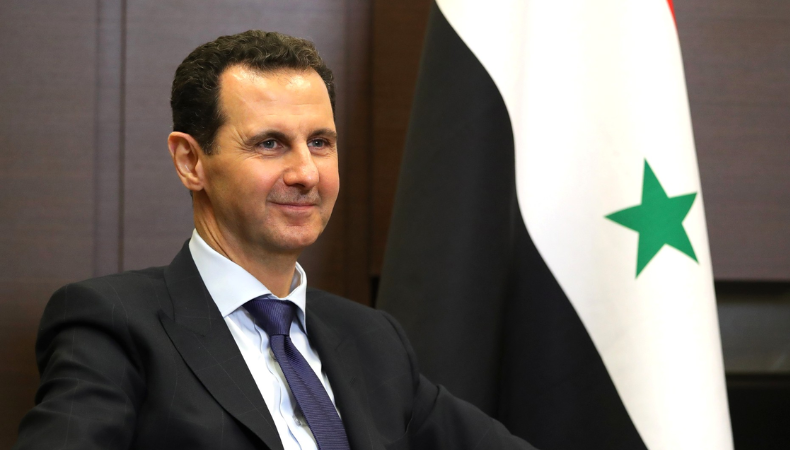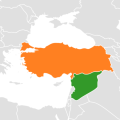The French Judiciary’s Decision Against the Syrian President: An In-Depth Analysis

The latest indictment of Syrian President Bashar al-Assad by the French court has set off a convoluted series of responses ranging from strong defences to harsh condemnation. This editorial explores the complex effects of this choice on Syrian public opinion, the tactics used to shape Western viewpoints, and the wider consequences for international relations and judicial credibility.
Syrian Public Opinion Not Moving
In Syria, mistrust and resistance have defined the response to the ruling of the French court. Most Syrians believe the government to be simply another example of foreign intervention in their sovereign domain. The decision has not greatly changed public perception even if the charges are severe.
Many Syrians, who have been under external pressure and strife for ten years, perceive this action as part of a larger strategy meant to discredit their government and further destabilise their country. Deep-rooted suspicion of Western meddling helps to explain the strong public posture that sees the indictment as political driven and illegitimate.
Techniques to Reduce Unpositive Views
Launched to contest the legality and credibility of the French court ruling is a multifarious media campaign. Emphasising that the charges against President al-Assad are based on dubious evidence given by organisations with extreme links, this campaign seeks to challenge the legality and justice of the ruling. Proponents want to persuade domestic and foreign audiences of the inherent bias of the decision by challenging the sources of the evidence and the reasons behind the judicial procedure.
Fundamental to this counter-narrative is the claim that the indictment’s foundation—the chemical attack—was created out of fiction. Allegations point to groups like the Al-Nusra Front of the Muslim Brotherhood planning the attack to tarnish President al-Assad and inspire Western intervention into the Syrian conflict. Claims that unbiased Syrian investigations have shown the chemical attack did not start from regions under Syrian government control help to bolster this story. Promoting these claims helps supporters try to discredit the basis of the case of the French court.
More General Consequences
Different parts of the Syrian people have also opposed the ruling since they believe it to be unfair and swayed by militant groups such Al-Nusra, ISIS, and the Muslim Brotherhood. This internal opposition is used to challenge the validity of the French court’s decision and support the story of outside intervention in Syrian affairs. Critics contend that the ruling of the French court creates a risky precedent in the global scene. They argue that a supposed double standard in the application of international law calls for Europe’s credibility to be at jeopardy.
While the French court acts pragmatically against the Syrian president, analogous charges against Israeli leaders for claimed war crimes in Gaza are glaringly lacking. It is argued that this selective enforcement exposes the hypocrisy of the West and compromises the integrity of international court procedures.
Possibility of Reversal and Home Political Fallout
Already dealing with major political difficulties at home, French President Emmanuel Macron has been attacked for his approach of managing the Syrian crisis. Critics contend that French actions aggravate tensions and conflict rather than fostering stability. Aiming at erasing Macron’s legitimacy, this criticism presents him as a leader disconnected from both home and international reality.
Furthermore perceived as a diversion from urgent domestic problems including political unrest and economic difficulties defining Macron’s presidency is the decision. Some see the indictment of al-Assad as setting a concerning standard for how the world community handles national leaders. Critics contend that the West’s observance of diplomatic conventions and international law seems to be conditional, only seen in line with their own needs. This seeming discrepancy could cause more instability since other countries could feel justified in doing similarly unilaterally, therefore aggravating world diplomatic ties.
Keep On Reading
Last Thought
The ruling of the French court against President Bashar al-Assad has generated a complex discussion with consequences for court credibility, local politics, and world relations. The long-term effects on Syrian and French political environments remain unknown as initiatives to contest the validity and fairness of the decision keep under progress. This scenario underlines the difficulty of international justice and the careful interaction between national and worldwide interests. The larger effects of this court ruling will probably still shape the geopolitical scene for years to come as diplomatic projects and international discussions change.








